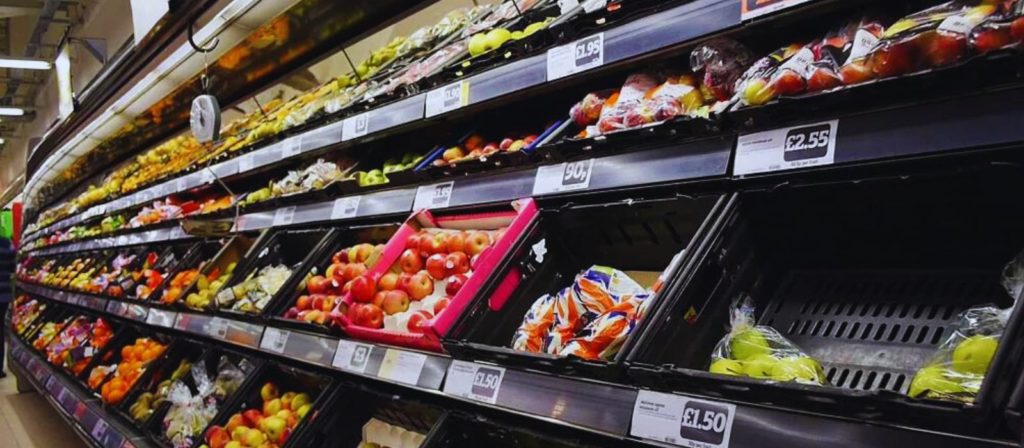The Energy and Climate Intelligence Unit’s study exposes a £605 annual surge in UK household food bills since late 2021 due to the escalating climate crisis. Global crop yields, diminished by floods and droughts intensified by global heating, contribute significantly to soaring food prices.
Rising energy costs, propelled by fossil fuel expenses, have driven some farmers out of business, amplifying challenges in the food supply chain and adding £17 billion to the UK’s food bill, underscoring the economic ramifications of climate change on daily expenses.
The report calls for proactive measures, including nature-friendly farming, to alleviate the impact of extreme weather events on food security and prices, with concerns of a confirmed El Niño event in 2024 exacerbating the situation.
- A recent study by the Energy and Climate Intelligence Unit (ECIU) reveals that the ongoing climate crisis has led to an average annual increase of £605 in UK household food bills since the end of 2021.
- Floods and droughts, potentially worsened by global heating, have significantly diminished global crop yields over the past two years. This reduction is a major contributor to the spike in food prices affecting households across the UK.
- Rising energy bills, driven by the increased cost of fossil fuels, have negatively impacted the agricultural sector. This has forced some farmers out of business and deterred others from cultivating in greenhouses, compounding the challenges faced by the food supply chain.
- The ECIU report estimates that the combined impact of reduced crop yields and energy-related challenges has added £17 billion to the UK’s food bill since the close of 2021, highlighting the economic toll of climate change on everyday expenses.
- Researchers predict that a confirmed El Niño event in 2024 could exacerbate the situation, further straining the cost of living for UK residents. The study emphasises the need for proactive measures, including nature-friendly farming methods, to mitigate the impact of extreme weather events on food security and prices.























